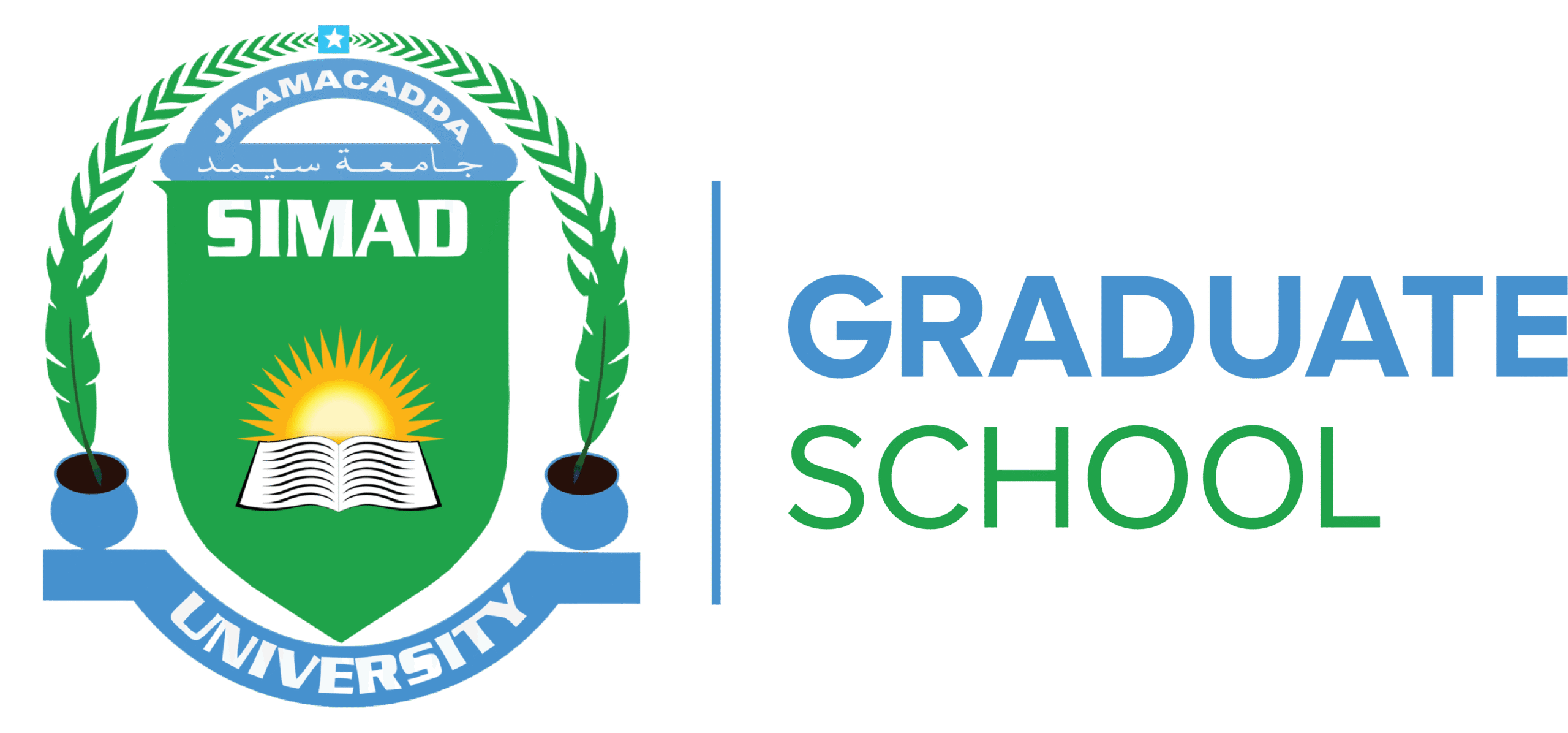Home
Programs
Master of Science in Accounting
Master of Science in Accounting
The Master of Science in Accounting (MSc Accounting) is a specialized, practice-oriented graduate degree that develops advanced competence in financial reporting, management accounting, auditing and assurance, taxation, analytics-enabled accounting information systems, governance and risk, public sector accounting, financial management, and Islamic accounting and finance.

Introduction
The Master of Science in Accounting (MSc Accounting) is a specialized, practice-oriented graduate degree that develops advanced competence in financial reporting, management accounting, auditing and assurance, taxation, analytics-enabled accounting information systems, governance and risk, public sector accounting, financial management, and Islamic accounting and finance. The curriculum embeds international standards (IFRS, ISA, AAOIFI), ethics, and modern tools (ERP, SQL, visualization/BI) to prepare graduates for leadership across public, private, and non-profit sectors, and for professional certifications such as CPA, ACCA and CIMA.
Specific Objectives
The program aims to enable graduates to:
- Apply IFRS in advanced financial reporting, including consolidations and disclosures.
- Design and evaluate cost/management accounting systems for planning, control, and performance.
- Plan and execute audits in line with ISA and emerging assurance areas (data analytics, sustainability).
- Interpret and apply corporate, personal, and international taxation within sound fiscal frameworks.
- Build, secure, and analyze Accounting Information Systems (ERP/SQL/BI) for insight and control.
- Conduct rigorous research and communicate results to academic and professional audiences.
Expected Learning Outcomes
Graduates will be able to:
- Prepare and analyze IFRS-compliant financial statements and group reports.
- Use managerial/cost tools (budgeting, CVP, variance, strategic costing) to inform decisions.
- Perform risk-based audits, evaluate internal controls, and report under ISA.
- Evaluate tax positions and design compliant tax planning approaches (including VAT and cross-border).
- Design and secure AIS, query relational data (SQL), and build dashboards (Power BI/Tableau).
- Analyze financial statements for credit, equity valuation, and prospective analysis.
- Apply governance, ethics, and enterprise risk frameworks to protect stakeholder value.
- Account for public sector entities (IPSAS concepts) and Islamic finance in line with AAOIFI.
- Design and execute original research culminating in a defended thesis.
Human Resources and Facilities
Teaching employs interactive lectures, case studies, practical exercises, group projects, and guest lectures, with intensive software labs for AIS/analytics (SQL, ERP, BI dashboards) and hands-on audit working papers in assurance. These learning resources—supported by course-embedded toolkits—ensure students gain proficiency with contemporary systems and evidence-based practice.
Teaching Modules
All modules are core in the published structure:Financial Reporting; Management & Cost Accounting; Auditing & Assurance; Taxation & Fiscal Administration; AIS & Analytics; Financial Statement Analysis; Governance, Ethics & Risk; Public Sector Accounting; Financial Management; Islamic Accounting & Finance; plus, Research Methods and Master’s Research Project.
Exam Regulations
Assessment emphasizes both continuous learning and summative evaluation. Typical components and indicative weight ranges include participation (5–10%), assignments (15–20%), group projects/presentations (15–25%), case analyses (10–15%), and final examinations (20–30%). The capstone/research component is assessed independently (100% of its 6 credits). Many course outlines specify that students must pass both midterm/continuous assessment and the final exam to pass the course (commonly 60% coursework, 40% final). Progression follows successful completion of semester requirements and maintenance of satisfactory standing per university policy.
Award of the Degree
To be awarded the Master of Science in Accounting, a candidate must:
- Complete core, specialization, electives, and thesis with the minimum GPA required.
- Satisfy ethical and research compliance requirements.
- Demonstrate English proficiency (B2 via Linguaskill or approved IELTS/TOEFL).
- Clear all financial and administrative obligations.
The Master of Science in Accounting (MSc Accounting) is a specialized, practice-oriented graduate degree that develops advanced competence in financial reporting, management accounting, auditing and assurance, taxation, analytics-enabled accounting information systems, governance and risk, public sector accounting, financial management, and Islamic accounting and finance. The curriculum embeds international standards (IFRS, ISA, AAOIFI), ethics, and modern tools (ERP, SQL, visualization/BI) to prepare graduates for leadership across public, private, and non-profit sectors, and for professional certifications such as CPA, ACCA and CIMA.
Study Programs
Code | Course | Credit |
ACC 701 | Financial Reporting | 3 |
ACC 702 | Management & Cost Accounting | 3 |
ACC 703 | Auditing & Assurance Services | 3 |
ACC 704 | Taxation & Fiscal Administration | 3 |
ACC 705 | Accounting Information Systems & Analytics | 3 |
ACC 706 | Financial Statement Analysis | 3 |
ACC 707 | Governance, Ethics & Risk Management | 3 |
ACC 708 | Public Sector Accounting | 3 |
ACC 709 | Financial Management | 3 |
ACC 710 | Islamic Accounting & Finance | 3 |
ACC 711 | Research Methods | 3 |
ACC712 | Dissertation | 3 |
Applicants must:
- Hold a recognized bachelor’s degree in business, economics, or a related field (minimum GPA 2.5).
- Provide evidence of professional experience (preferred but not mandatory).
- Semester Fees: USD 475
- Tuition Fees: USD 2,850 for two years
- The school has three intakes
- January, May, September
